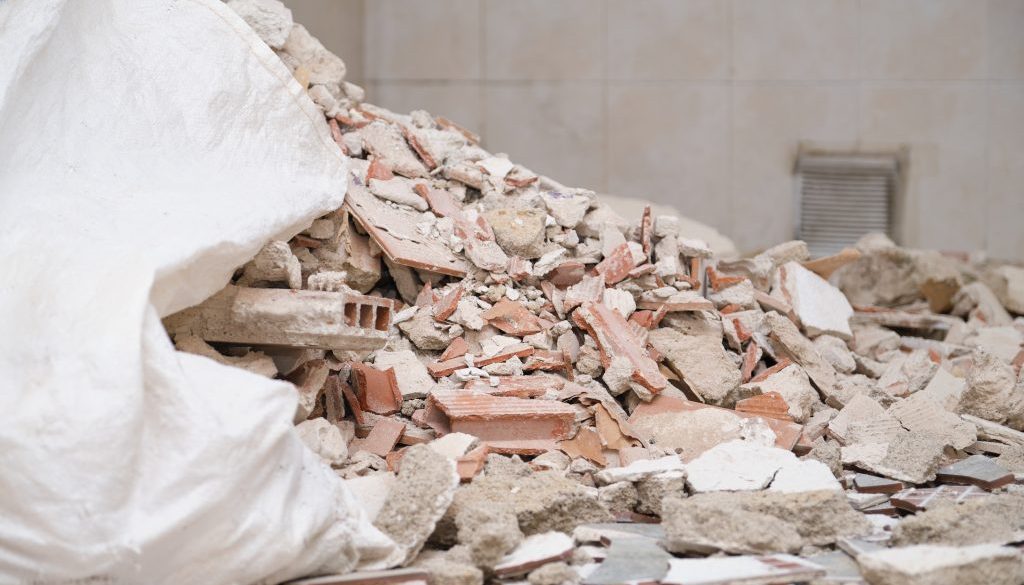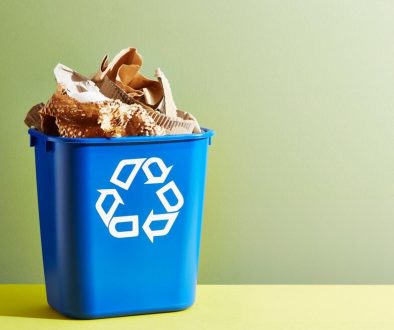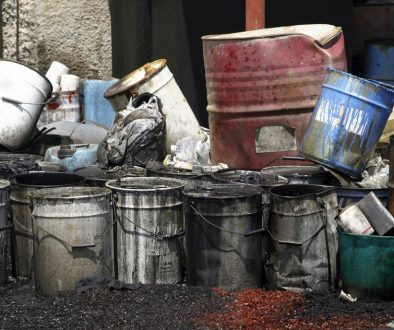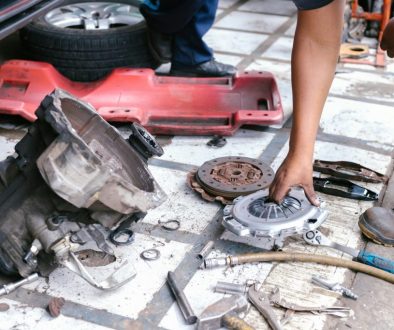Responsible waste management is an integral aspect of the construction process, as it not only streamlines rubbish disposal but also contributes to environmental sustainability. In this blog post, we will outline essential strategies for managing construction waste responsibly, focusing on waste reduction, recycling, and the role of a reliable skip hire service like Enviro Skip Hire in supporting your project’s waste management efforts.
Construction projects generate large quantities of waste materials, ranging from excess building materials to demolition debris. Efficient and responsible waste management practices are crucial to minimising the environmental impact of construction projects, conserving resources, and adhering to waste disposal regulations. By implementing effective waste reduction and recycling strategies, in conjunction with a reputable skip hire service, you can ensure that your construction project proceeds with minimal environmental disruption.
In the following sections, we will discuss the importance of waste reduction and recycling within the construction sector, offering practical guidelines and tips to help you implement these practices throughout your project. We will also explore how partnering with a trusted skip hire service like Enviro Skip Hire can facilitate responsible waste management and contribute to a more sustainable construction process. By incorporating these strategies into your project planning and execution, you can significantly reduce waste generation and promote a greener approach to construction.
A Comprehensive Guide to Managing Construction Waste Responsibly
Importance of Waste Reduction in Construction
Waste reduction is a crucial aspect of responsible construction practices, offering numerous benefits both to the project itself and the environment:
– Cost Savings: Reducing construction waste can lead to significant cost savings by minimising the need for additional waste disposal services or the purchase of excess materials.
– Resource Conservation: Waste reduction contributes to conserving valuable natural resources and lowering the demand for raw materials sourced through resource-intensive extraction processes.
– Enhanced Sustainability: By implementing waste reduction strategies, construction projects can minimise their environmental footprint and align with green building standards and practices.
Practical Strategies for Reducing Construction Waste
There are several effective methods for reducing construction waste, many of which can be implemented throughout the different stages of a project:
– Sustainable Design: Incorporate waste reduction principles during the design phase by optimising building layouts, specifying materials with minimal packaging, and selecting durable and low-maintenance materials.
– Efficient Material Ordering: Order materials carefully, taking into account precise measurements and purchasing only the quantities required to avoid generating excess waste.
– Onsite Materials Storage: Properly store and protect materials onsite to prevent damage or deterioration, reducing the need to replace compromised materials.
– Reuse and Repurpose Materials: Where possible, consider reusing or repurposing materials onsite, such as repurposing removed bricks or utilising leftover timber for formwork or temporary structures.
Promoting Recycling and Waste Segregation in Construction
In addition to reducing waste, recycling and effective waste segregation play a vital role in responsible construction waste management:
– Develop a Waste Management Plan: Create a comprehensive waste management plan for your construction project that specifies recycling goals, waste diversion targets, and proper waste segregation practices.
– Implement Onsite Sorting: Dedicate designated areas on your construction site for sorting and storing waste materials by type, making it easier to recycle and dispose of waste responsibly.
– Engage a Reliable Skip Hire Service: Partner with a trusted skip hire company like Enviro Skip Hire to provide skips for segregated waste materials, facilitating efficient waste management and recycling efforts.
– Educate and Train Site Staff: Ensure that your site staff and contractors are well-informed about waste segregation and recycling practices, promoting responsible waste management throughout the project duration.
The Role of Skip Hire Services in Responsible Construction Waste Management
Working with a reputable skip hire service like Enviro Skip Hire plays a crucial role in managing construction waste responsibly, offering numerous advantages:
– Professional Expertise: A reliable skip hire service can provide valuable insights and advice regarding waste segregation, recycling, and the most suitable skip sizes for your construction project.
– Wide Range of Skip Sizes: With a variety of skip sizes available, a trusted skip hire provider can accommodate your project’s waste disposal needs and support effective waste management practices.
– Compliance with Waste Disposal Regulations: Partnering with a reputable skip hire company ensures compliance with waste disposal regulations, minimising the risk of penalties or legal complications.
– Commitment to Environmental Sustainability: By working with a skip hire service that prioritises environmental sustainability, you contribute towards promoting responsible waste management practices within the construction industry.
Conclusion
Responsible waste management is essential for the success and environmental sustainability of any construction project. By implementing effective waste reduction strategies, fostering recycling and waste segregation, and partnering with a dependable skip hire service like Enviro Skip Hire, you can ensure your project proceeds with minimal environmental impact and adherence to waste disposal regulations.
Incorporate these strategies and tips into your construction project planning and execution process to promote responsible waste management, resource conservation, and cost savings. By engaging the services of a trusted skip hire provider like Enviro Skip Hire, you can streamline your project’s waste disposal efforts, access expert advice and a range of skip sizes, and contribute towards a greener and more sustainable construction industry.




